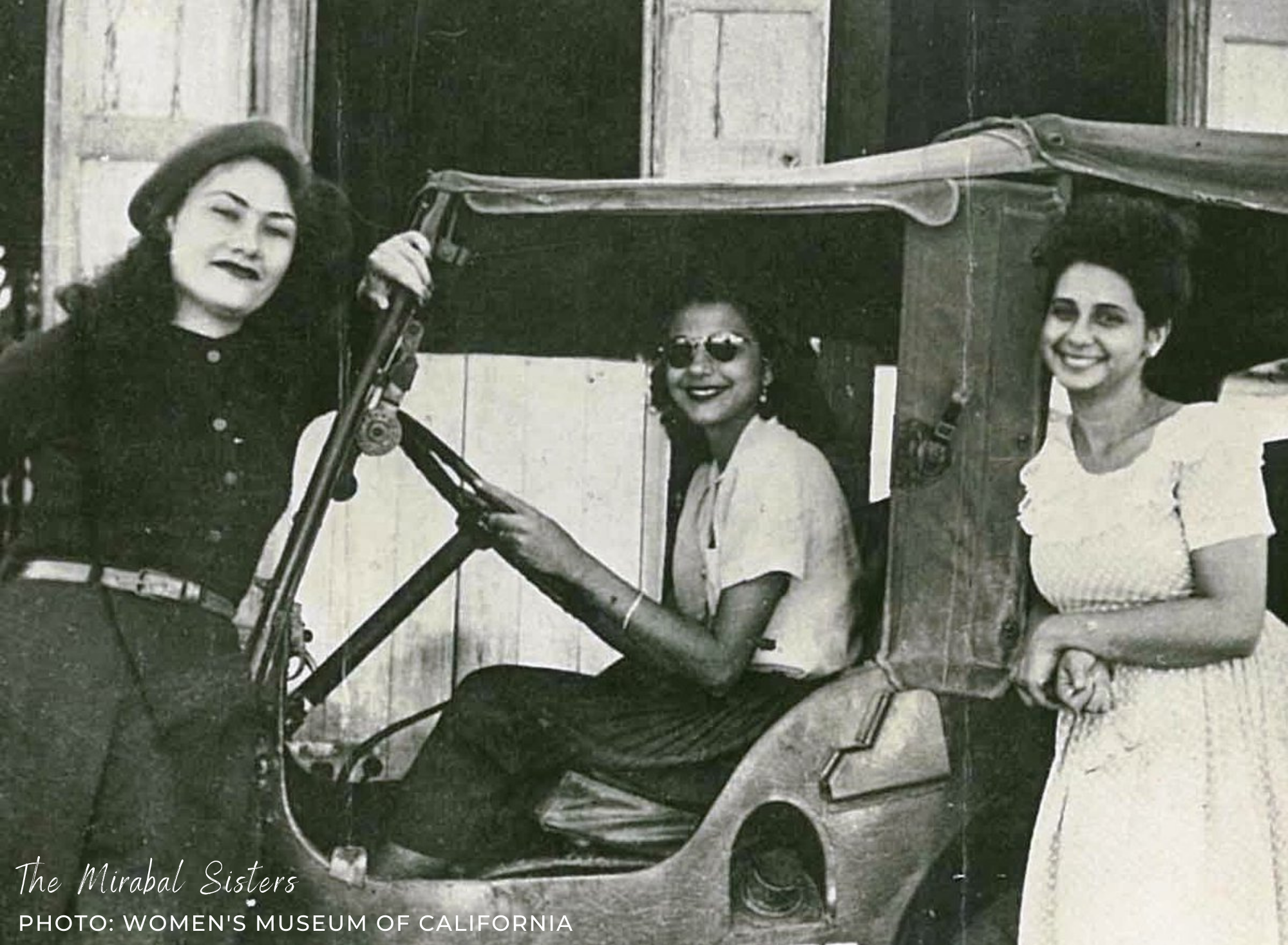On Monday, I was very fortunate to be invited to a conference entitled The Knowledge Conference, held by the Martin Prosperity Institute, a research institute at The Rotman School of Management. The conference saw a diverse group of educators, entrepreneurs, business leaders and design thinkers come together to discuss how democratic capitalism is being threatened. The focus of this day was on knowledge and how it contributes to an important infrastructure.
Roger Martin, Jennifer Riel and Hilary Austen, all from Rotman, explained a current theory they have been working on that considers society as being made up of three infrastructures: physical, transactional and knowledge. At the beginning of the conference Martin, Riel and Austen explained their feeling that there are significant issues with the way knowledge is being imparted, shared and used and that this poses a great risk to its infrastructure. They also indicated that the structure for the conference- a series of facilitated panel discussions, conversations and interactions with the attendees- was meant to provide them with feedback, insights and information for their research. The conference structure was a day of thoughtful and provocative questions that challenged us to think far beyond content to process.
Not surprisingly, it was the discussions around education that interested me most. According to the Martin Prosperity Institute’s website, one threat that is seen to democratic capitalism is the ‘creaking education structures that are overburdened and underdeveloped for the needs of our modern society.’
There were no clear solutions as a result of the gathering- which is really the point. As was discussed throughout the day, we have moved beyond a linear way of considering the future. The first panel, composed of Amy Edmondson, Harvard Business School Professor; Tim Brown, CEO of Ideo; and Craig Wyett, Chief Innovation Officer at Procter and Gamble, addressed a fundamental issue within our education system. They pointed out that knowledge has been structured around subject matter and solutions rather than focusing on the problem-solving process. I left the day with the following key points to consider as we continue to look to the future:
• Problems are moving feasts. We must be constantly tweaking and understanding that problems are iterative, and learning comes at every turn. We must force ourselves to step away from the retail notion: we can’t simply buy answers.
• We must know what is NOT possible such that we are weeding things out.
• We must go beyond single point problem-solving and consider multi-perspective problem-solving.
• Within Academia the real issue is that too often we are ‘doing’ rather than ‘learning’ and that the doing has a largely prohibitive effect on knowledge exploration.
As St. Clement’s considers its future in the broader context of society, it will be important to highlight the learning and growth that comes from considering the problems before rushing to solutions.
